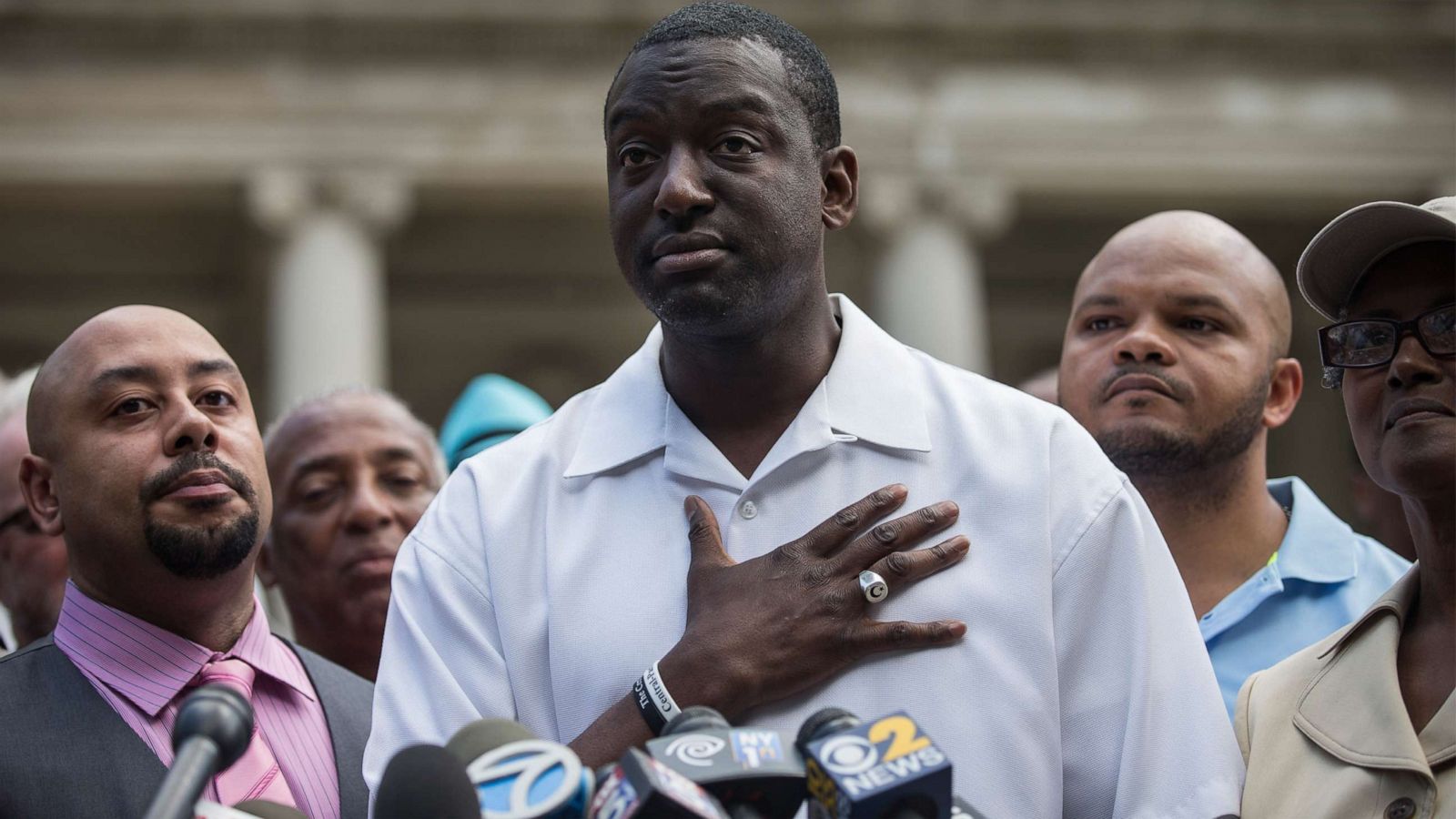Isobel Goatcher says she cannot bear to endure another trial after jury failed to reach verdict and defence painted her as ‘sex-crazed slut’
A woman who alleges she was raped as a teenager by an older man has called for changes to the judicial process after finding the experience of going to trial traumatic.
Isobel Goatcher claims a man, then in his 60s, attacked her in 2016 after a party at her parents’ house when she was 16. He faced a one-week trial in November after pleading not guilty to two charges of rape and sexual assault. The jury failed to reach a verdict.
The prosecution pushed ahead with a retrial, scheduled for July, but Goatcher has now withdrawn from the process because she says she cannot bear to endure another “horrendous” trial.
Goatcher, who gave evidence in court, says she felt as if the defence barrister’s cross-examination painted her as a “sex-crazed slut” who pursued the man. The first question she says he asked her was: “You were a vivacious 16-year-old, weren’t you?”
“I don’t hate his barrister for what he said to me. He was just doing his job. The point is, there should be much stricter rules around what they can ask and the way they ask it,” Goatcher told the Guardian.
The now 23-year-old, who suffers from post-traumatic stress disorder, anxiety and depression, says part of her wanted to press ahead with the retrial. “But I did not know how I could physically do that again,” she says.
Goatcher says she does not want to put off others from reporting their accounts to the police, but is speaking out and waiving her anonymity because she wants to raise awareness about the legal process.
The marketing coordinator says she is “grieving” after withdrawing from the process, which means the man has been found not guilty. She says: “I feel really sad that I had to make that choice, and that I felt like that was the only way for me to move on.
“It’s really sad that the system is the way it is and that the trials are that traumatic that I was willing to stop the case. I was willing to withdraw support because I knew that I didn’t want to put myself through that again. I feel broken and like I’ve been torn up.
“On some level I feel like I am weak for not going ahead with a second trial. But I know that that isn’t my fault, it’s the system’s fault. The system shouldn’t be so traumatic.”
Goatcher says she woke up to find the man on top of her in 2016. She says she told her best friend what happened that same day, and her mother and boyfriend a year later. She began having counselling in 2019 and says she told her therapist in her first session that she had been raped.
In July 2020, she reported the allegations to the police, who handed over the file to the CPS. The man was then charged in April 2022, but the case did not go to trial for another seven months.
Goatcher says the delays affected her mental health. “It felt like years,” she says. “It was really tough because I felt massively out of control. I felt like I was being investigated. I had to sign waivers for them to have my medical records. They went right back to my primary school and got records from them, even though this happened when I was 16.”
“It just felt so intrusive and so oriented towards me. He was interviewed once, and, other than that, I felt like it was all about me and how credible I was.”
Goatcher says she felt unprepared for the trial, and claims she was only told about the possibility of a hung jury three days before it opened. Prof Cheryl Thomas from UCL published a study last month which shows that less than 1% of rape cases between 2007 and 2021 ended in a hung jury.
Goatcher says she did not feel supported during the trial, having met the prosecution’s barrister 45 minutes before she was due to be cross-examined.
She says: “My close family and friends were [prosecution] witnesses in the trial so I couldn’t really rely on them for much support, because I wasn’t allowed to talk to them. So it was quite isolating and terrifying. The anxiety that I had in the two weeks before the trial was awful. I had to go on beta blockers because I thought I was going to have a heart attack.”
She feels “heartbroken” that the case ended in a hung jury but she hopes that by speaking out something “positive” can come of her experience. “I need to talk about what happened, others should know what the process is like, because it’s not fit for purpose. And it’s never going to change unless people talk about it,” she says.
Continue reading…



